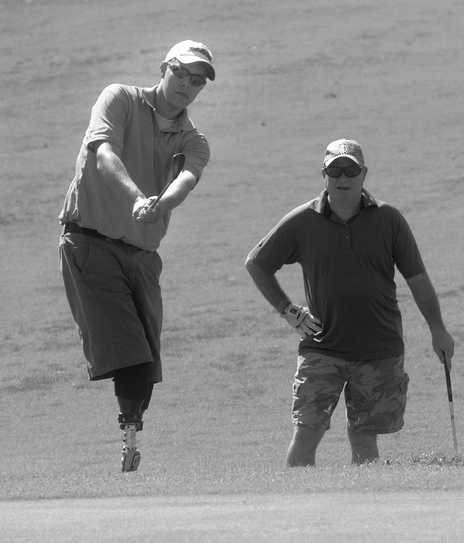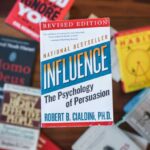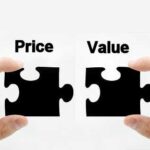Recently, I was reminded of a day I spent golfing last summer at a local Army base. Golfing as a threesome and being the odd man out, I got paired up with a soldier who was a double amputee, making us a foursome. After teeing off and driving the cart down the fairway to our balls, I learned that he lost the lower portion of both legs in an IED explosion in Iraq. As he sat there in our cart, wearing shorts that showed off all the details of his prosthetic legs, I inquired how he was getting along having lost both of his both legs. His only response was that it didn’t hurt his golf game and we never spoke of his disability again. For the rest of the game, he outplayed me on every hole and our conversation carried on like nothing had ever happened to him.
What I experienced that day was known as hedonic adaptation, which is the tendency of humans to return to a relatively stable level of happiness despite major positive or negative events. The old adage that “money can’t buy happiness” is based on hedonic adaptation. If something good happens to a person, such as a raise or winning the lottery, the euphoria of the raise or sudden windfall of cash soon wears off as his expectations and desires rise in tandem. As a result, there is no permanent gain in happiness. Similarly, if a person suffers a great loss, such as the loss of a limb, there is often great sadness right after the event. Yet, this sadness is short lived as hedonic adaptation recalibrates them and they return to a relatively stable level of happiness.
So, how can we apply hedonic adaptation to business? If you have to perform an undesirable task, such as doing your taxes, it is best to experience the negative effect once and just plow through it in a marathon session until you reach the end. Breaking up the negative task into 2 half days only means that in the intervening period hedonic adaptation will bring you back to neutral and you’ll have to experience the negative effect of the undesirable task twice. Conversely, if you have a desirable event, such as a 60-minute massage, you are better off breaking it up into two 30 minute massages so that you can experience the good feeling twice.
In business, therefore, it is more effective to dole out good things to customers in many small mini rewards and consolidate any bad events into one big ugly bite. As a good friend once told me, “If you are going to eat shit, don’t nibble.”
How can you use your knowledge of hedonic adaptation in your life and business?












